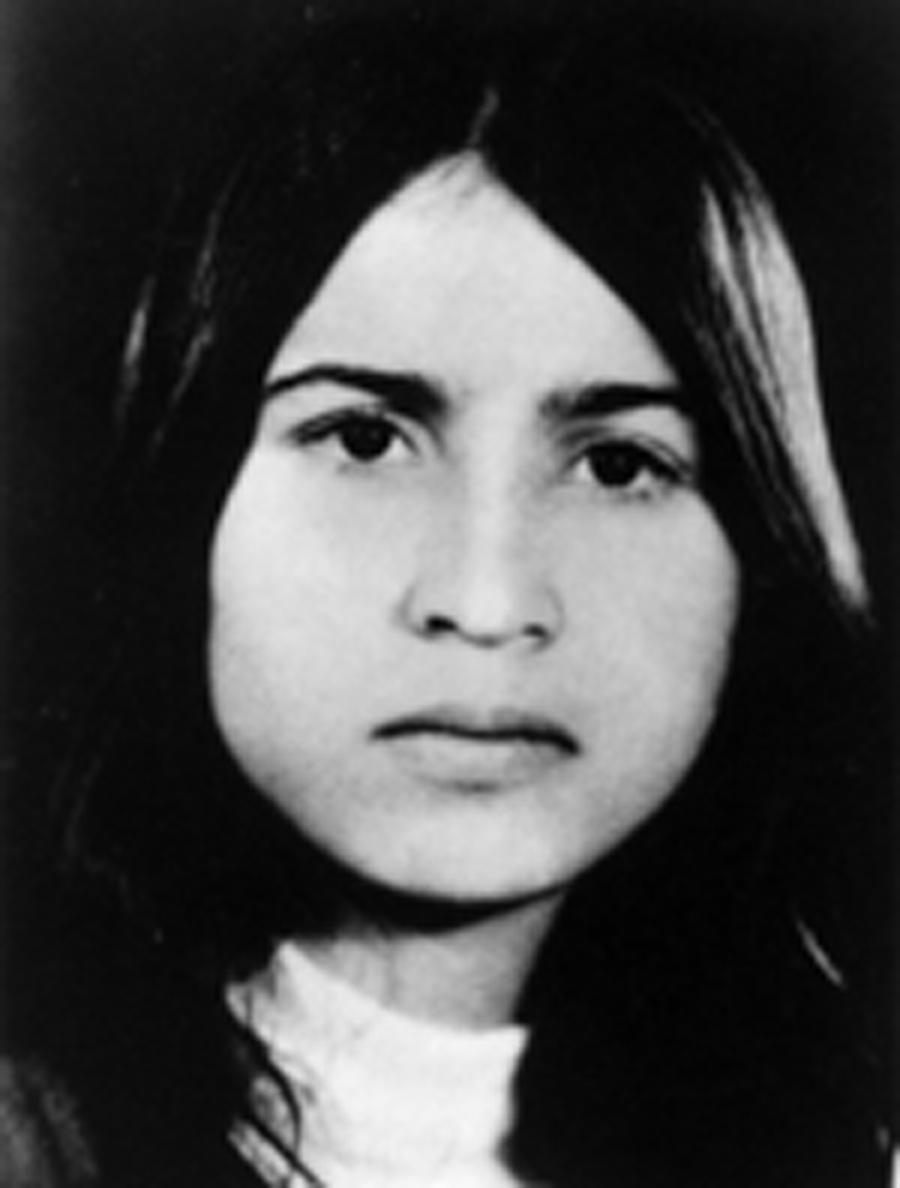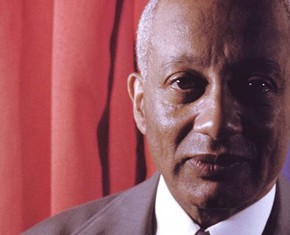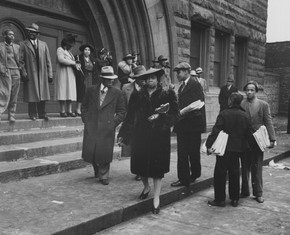The views expressed in our content reflect individual perspectives and do not represent the authoritative views of the Baha'i Faith.
Each of the ten Iranian Baha’i women whose hangings rocked the world in June of 1983 showed amazing fortitude and patience under extreme duress.

Akhtar Sabet
One of them, Akhtar Sabet, aged 25 at her death, was remembered by her instructors as a model pupil. They praised her positive personality and strong character in addition to her academic ability. Akhtar was known to take time from her own work and studies to assist other students with their lessons.
It wasn’t unusual for Baha’is and their properties to be attacked by an ignorant and prejudiced populace. While yet a teenager, Akhtar’s family lost their home in one of those attacks. She worked as well as attending classes in order to financially assist her family. Akhtar sewed her own wardrobe and was noted for her simple, becoming attire.
Through all the upheaval, she remained determined to finish her education, graduated with a pediatric nursing degree, and went to work in a local hospital. Like so many other Baha’is, she lived her life in service to others:
Senses and faculties have been bestowed upon us, to be devoted to the service of the general good; so that we, distinguished above all other forms of life for perceptiveness and reason, should labor at all times and along all lines, whether the occasion be great or small, ordinary or extraordinary, until all mankind are safely gathered into the impregnable stronghold of knowledge. We should continually be establishing new bases for human happiness and creating and promoting new instrumentalities toward this end. – Abdu’l-Baha, The Secret of Divine Civilization, pp. 3-4.
Following Akhtar’s arrest, the hospital administration, loathe to lose her services, entreated the government to release her, but they refused to do so unless she agreed to give up her Faith. She would not.
While in prison, Akhtar did her best to tend to her fellow prisoners, treating all equally, whether they were fellow Baha’is, criminals, addicts, or prostitutes. She revived one person who suffered a heart attack. Akhtar’s service to others was not limited to her nursing skills; she even did laundry chores for those the authorities considered “unclean.”
In some traditions, Akhtar knew, foreigners, people of other faiths and even women were thought of as unclean. She believed deeply in the abolition of that tradition, and in the primary Baha’i principle of the oneness of humanity:
The concept of uncleanness as understood and practised in the religious communities of the past has been abolished by Baha’u’llah. As you are aware, He says that through His revelation “all created things were immersed in the sea of purification” (God Passes By, page 154). – The Universal House of Justice, Messages 1963 to 1986, p. 724.
Referring to her own death sentence, Akhtar assured her compatriots, “Never mind, I am not worried. Whatever happens, I am content with the will of God.” And to the interrogator who asked, “Even at the expense of your life do you intend to remain firm in your belief?” she responded, “I hope so, by the grace of God.”
… keep your faces steadfastly turned to the light, so that ye may be as lighted torches in the dark places of life. – Abdu’l-Baha, Paris Talks, pp. 20-21.
















Comments
Sign in or create an account
Continue with Googleor